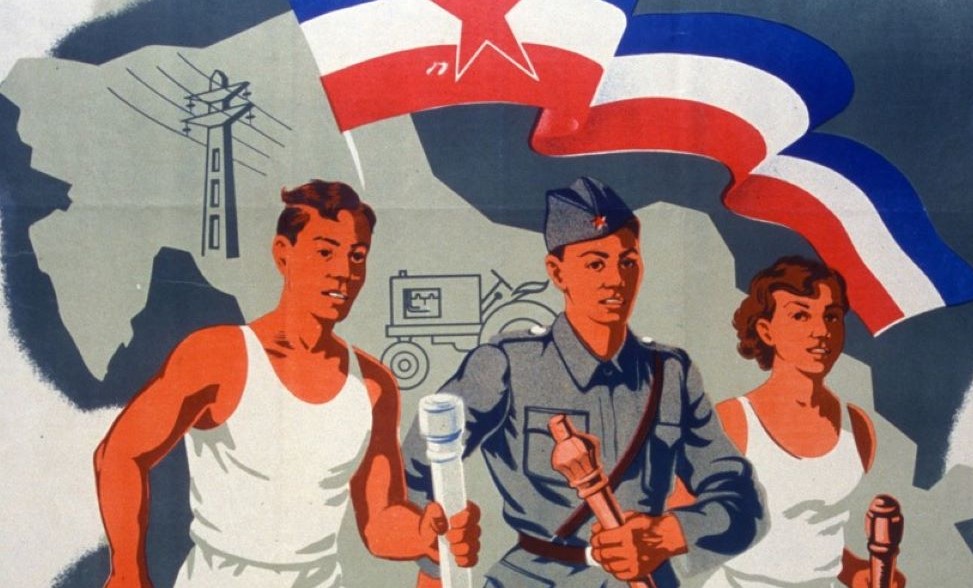Tito was a man of the cabinet, of a chamber atmosphere in which, obviously, the characteristics of his personality seemed more convincing than in public appearances.

Srdjan Milosevic
The collapse of socialism intensified the debates and sharpened various criticisms of that order, both globally and in local contexts. Part of that system in the Yugoslav variant was the positioning of Tito as a charismatic leader, that is, the so-called ‘cult of personality’. This is not the best concept because in secular appropriation it implies more weight being placed on a sort of abnormality of the very existence of such a ‘cult’ and less on what kind of person it is – not in a personal sense, but in terms of their historical impact. This is how we fall into the trap of reverse bias: instead of uncritical glorification – uncritical challenging. So, it is better to talk about the ‘charismatic leadership order’, because that term gives a certain credit to the person at its center.
Glorifying the leader and nurturing his charisma was undoubtedly, even in Tito’s time, an unlikeable anachronism. This system seemed even more unnatural and repulsive in a Republic setting, especially considering its late-socialist hypertrophy due to the long-lasting presence of its central personality. There is nothing in there that should be viewed with kindness today. But, apart from the fact that this attitude towards the personality of the ruler was a legacy of the environment, the explanation for the constitution of this attitude in the first place lies in more concrete content.
Firstly – the People’s Liberation War. The role of a war leader with a halo of victory emanates the reputation and charisma of extraordinary strength even in the circles of modern political culture (with a more critical attitude towards the individual in power). In a society with a particularly developed tradition of liberation, war victory is a sure path to mass acceptance, even if this did not have an additional agenda, which has accompanied Tito’s personality since the war period (let’s take only Skrigin’s photographs and Augustincic’s busts).
The Revolution is the second fulcrum of the phenomenon in question. It had a constitutive significance for a new, fairer and in many respects certainly successful order of socialist society. It is in the nature of every system, not only in the domain of global social relations but also in specific areas (including the most rational of all – science), to pay special tribute to its founders. The idea of the ‘founding fathers’ is an ancient trans-historical and cross-cultural phenomenon that has only been subdued recently, though it’s not disappeared to this day.
The next important circumstance and an objective factor which influenced the development of Tito’s position as the undisputed leader is the break with the USSR, the defense of Yugoslavia’s independence and the growth of Tito’s and Yugoslavia’s reputation in the international arena. It’s likely that no other world leader has ever enjoyed the same respect, at least on the level of manifestation, which has certainly contributed to his reputation within the country itself.
The above circumstances were so important that they seemed to go against some personal qualities of Marshal Tito himself. He usually did not act with comfort at these mass manifestations, and a more careful observer would not escape the impression of a level of tension. Tito was a man of the cabinet, a chamber atmosphere in which, obviously, the characteristics of his personality seemed more convincing than in public appearances. Tito from rallies and big celebrations is just one dimension of this complex personality.
Srdjan Milosevic, one of the leading Serbian historians of the younger generations



Leave A Comment